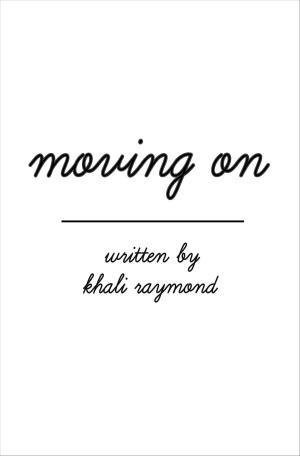| Author: | Michael P Amram | ISBN: | 9781310474774 |
| Publisher: | Michael P Amram | Publication: | August 17, 2015 |
| Imprint: | Smashwords Edition | Language: | English |
| Author: | Michael P Amram |
| ISBN: | 9781310474774 |
| Publisher: | Michael P Amram |
| Publication: | August 17, 2015 |
| Imprint: | Smashwords Edition |
| Language: | English |
In France the word for my is often pronounced “mon.” When Monkeys feel Rhythms taps chosen veins of humanity. The poems examine how relating to aspects of life has affected us, and how the topics I’ve chosen to write about continue to confound us in spite of their power to enlighten us. For better or worse, some poems look for how far we’ve come from times when vines swung as means of transportation. These sixty poems share a common ancestral link. They chain together the primate mentality that follows those who have prospered from life and those that life has failed. The poems investigate relationships and indicate the advances that have been made since those relative connections were discovered. Monkeys points out the need to think and communicate, all the while watching those basic primal skills deteriorate.
Mundane aspects of marriage, friendship, politics, and technology are explored. When Monkeys feel Rhythms peels back the layers of where humanity has been, what we’ve lost, and where we have yet to go. In “Evolution Lost another Tale,” a tether of technology is addressed:
“do you ever re-think the
calls you made; you’d pound steering
wheels for the roads you raged;
when bumpers were tapped abrupt
so your middle finger rose
and anger was conveyed?”
Here I show how a race of drivers has evolved. I show the distance primates have come with the wheel they once invented. The wheel’s novelty is worn out and communication can no longer wait until the end of the trip. I ask when the need to communicate defeated the distinct possibility of fatality. When did people become so self-important that they would risk their lives just to be heard? The poem illustrates how technology has enlarged our heads, shrunk the world, and re-aligned priorities.
Metaphors often disguise malignancy. My poems find cancers in society. The rhythms shake; they quiver and flush out the benign. I invite you to examine what is peeled back. When Monkeys feel Rhythms will make you laugh. Some might make you cry. Others look for the moments you like to say “a-ha.” Some are bold, others are shy. I hope you find reading them as fun and enlightening as writing them was.
In France the word for my is often pronounced “mon.” When Monkeys feel Rhythms taps chosen veins of humanity. The poems examine how relating to aspects of life has affected us, and how the topics I’ve chosen to write about continue to confound us in spite of their power to enlighten us. For better or worse, some poems look for how far we’ve come from times when vines swung as means of transportation. These sixty poems share a common ancestral link. They chain together the primate mentality that follows those who have prospered from life and those that life has failed. The poems investigate relationships and indicate the advances that have been made since those relative connections were discovered. Monkeys points out the need to think and communicate, all the while watching those basic primal skills deteriorate.
Mundane aspects of marriage, friendship, politics, and technology are explored. When Monkeys feel Rhythms peels back the layers of where humanity has been, what we’ve lost, and where we have yet to go. In “Evolution Lost another Tale,” a tether of technology is addressed:
“do you ever re-think the
calls you made; you’d pound steering
wheels for the roads you raged;
when bumpers were tapped abrupt
so your middle finger rose
and anger was conveyed?”
Here I show how a race of drivers has evolved. I show the distance primates have come with the wheel they once invented. The wheel’s novelty is worn out and communication can no longer wait until the end of the trip. I ask when the need to communicate defeated the distinct possibility of fatality. When did people become so self-important that they would risk their lives just to be heard? The poem illustrates how technology has enlarged our heads, shrunk the world, and re-aligned priorities.
Metaphors often disguise malignancy. My poems find cancers in society. The rhythms shake; they quiver and flush out the benign. I invite you to examine what is peeled back. When Monkeys feel Rhythms will make you laugh. Some might make you cry. Others look for the moments you like to say “a-ha.” Some are bold, others are shy. I hope you find reading them as fun and enlightening as writing them was.















